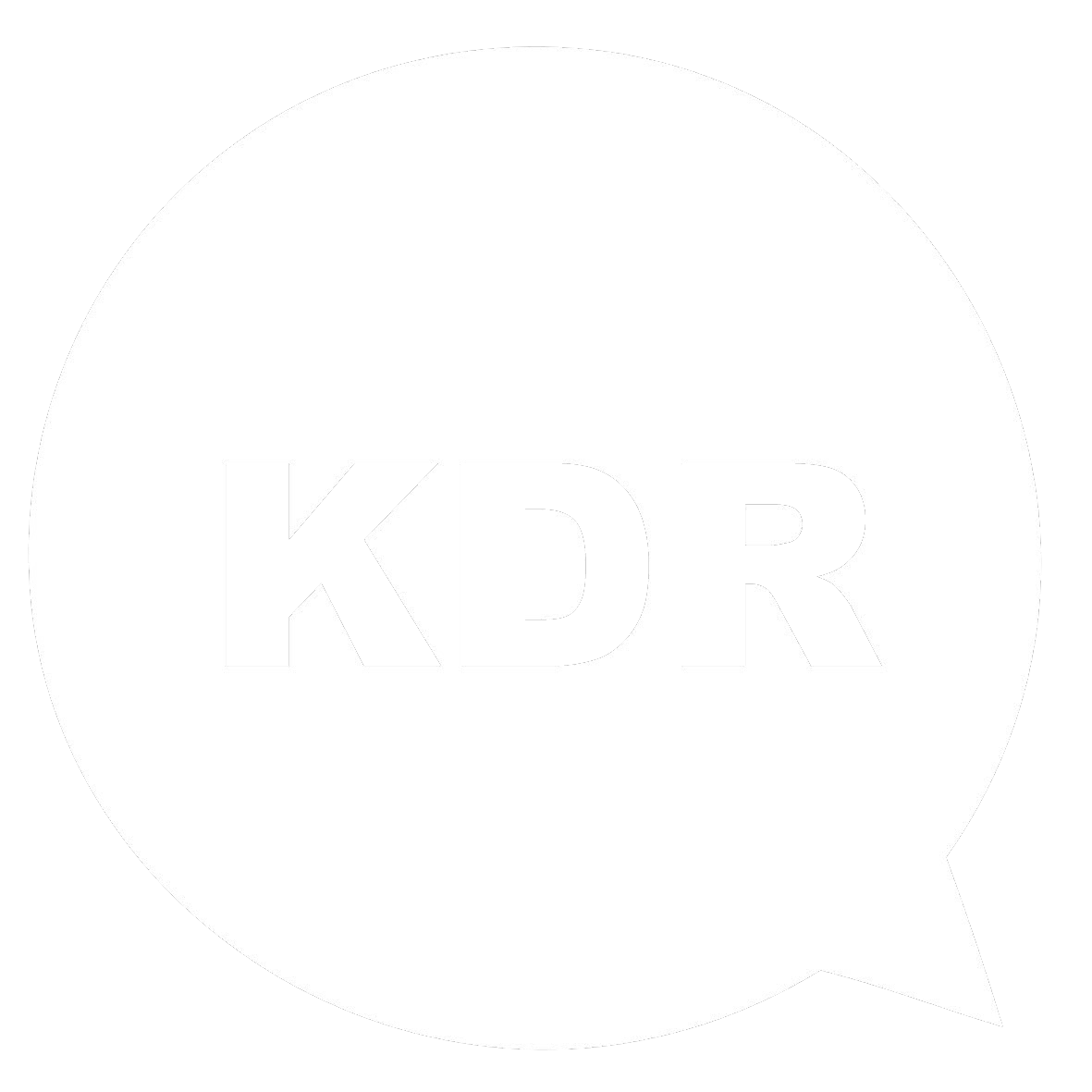I caught up with Alan Daly this week and our conversation reminded me just how important our relationships are, particularly when it comes to making change in education. The more we understand our own social networks, the better we can leverage them for good. Ideally we’re doing this by expanding our ideas, perspectives and circles of connection within a system. As Alan says, system change is made up of small micro-experiences and micro-interactions that can fundamentally change systems. This is such an important reminder when change feels overwhelming or impossible!
He goes into detail with Ben Newton on the Masters of Data podcast.
A few highlights:
We should start thinking about how human capital (knowledge) and social capital (relationships) can work together. Change is built on the state of relationships.
When we design policy and systems, we often forget what’s obvious. It’s not connected to our humanity. The idea is that we improve systems from a relational standpoint.
The Strength of Weak Ties (Mark S. Granovetter) says that strong tie networks are important to move complex information and engage on a deeper level, so you can be vulnerable and trust. But weaker ties open you up to a network you likely don’t have access or connection to, which allows new and novel information to flow through the system.
Alan is Professor and Chair of Education Studies at University of California San Diego and author of the book Social Network Theory and Educational Change.

